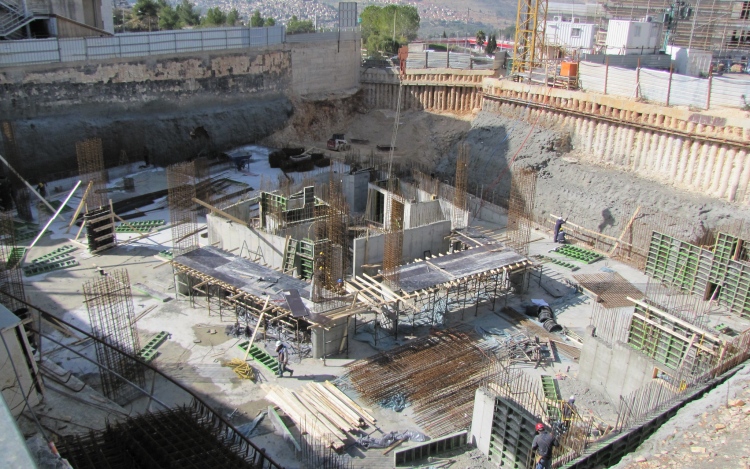Disputes are fairly common in the construction industry. In fact, they often arise from the very nature of the work itself. Construction projects tend to involve many people with different opinions and interests, all of whom are trying to achieve a common goal.
When things go wrong on a construction site, disputes are sure to follow. In these situations, you want to make sure that disputes don’t lead to project stalling and subsequent problems. Taking care of any conflicts that arise will benefit everyone involved in the project. The good news is that finding an arbiter or going to court aren’t the only options available. Today, we will discuss four ways to resolve construction disputes amicably and efficiently as well as the less-amicable solutions that are available.
Don’t ignore conflicts
One of the worst things you can do when a conflict arises is to ignore it. While it may be tempting to keep your head down and ignore the issue at hand, that doesn’t mean it will go away. This kind of move will only make the situation worse and will ultimately lead to more delays and cost overruns.
If you see a conflict brewing, address it head-on. Have a frank discussion with all parties involved and try to come to an agreement on how to resolve the conflict. It’s a much more reasonable option compared to hoping that it goes away. Not to mention, if there is a major issue that affects a party significantly, ignoring their arguments may just lead to further conflicts.
Keep the lines of communication open
Another important thing to do when a dispute arises is to keep the lines of communication open. This means keeping all parties involved in the loop and updated on the latest developments. It also means being responsive to questions and concerns. By keeping the lines of communication open, you can help resolve the dispute more quickly and efficiently. It’s a key part of dispute avoidance.
Communication should always include all the parties and give them a voice in the matter. If possible, set up meetings to discuss the dispute and negotiate a resolution. This will help ensure that everyone is on the same page and that all concerns are addressed.
Mediation can be incredibly effective in resolving construction disputes as well. It is a process where an impartial third party helps two or more parties reach an agreement. Mediation allows all parties to have a voice in the matter and can help move the dispute forward when negotiations have stalled. If you’re struggling to resolve a conflict with proper communication, then mediation may be worth considering.
Hire a lawyer
Finally, if all else fails, you may need to hire a lawyer to settle a legal dispute. This should be seen as a last resort, as legal action can be expensive and time-consuming. However, if you’re unable to resolve the dispute through mediation or other means, then hiring a lawyer may be your best option.
When hiring a lawyer, make sure to find one who specializes in construction law. They will be able to provide the best advice on how to proceed with your case. Finding experienced professional building dispute lawyers like CCS legal is recommended for any dispute that may lead to legal issues down the road. They are more qualified to advise you on how to proceed, as they know the ins and outs of construction law and related fields.
If the dispute leads to litigation, then the lawyer will represent you in court. This is a complex process, so it’s important to have someone on your side who knows what they’re doing.
Avoid the blame game
No matter the nature of the dispute, it’s important that you not play the blame game with the involved parties. One of your primary goals is to settle the dispute as quickly and painlessly as possible. Placing the sole blame on a single party may lead to that party becoming defensive and less likely to negotiate in good faith.
It’s important to remember that construction disputes are often the result of multiple factors. There may be several parties involved, each with its own interests and objectives. By playing the blame game, you’re only making the situation worse and delaying a resolution.
Try to come to an agreement on how to resolve the issue and avoid placing blame if possible. If you see a conflict brewing, address it head-on. Keep the lines of communication open between all parties, and consider mediation if you’re struggling to agree.
Conclusion
Disputes are common on construction sites because they involve many different people with divergent interests. When things go wrong, it’s easy for tempers to flare and for conflicts to arise. However, there are ways to resolve these disputes efficiently and without too much drama.
Using the four methods we’ve outlined; you can keep a cool head and stabilise conflicts and avoid things getting out of hand. Sometimes, however, you may have to resort to hiring legal representation to resolve a dispute. In these situations, it helps to have professionals ready to protect your interests in case the conflict goes to court.




